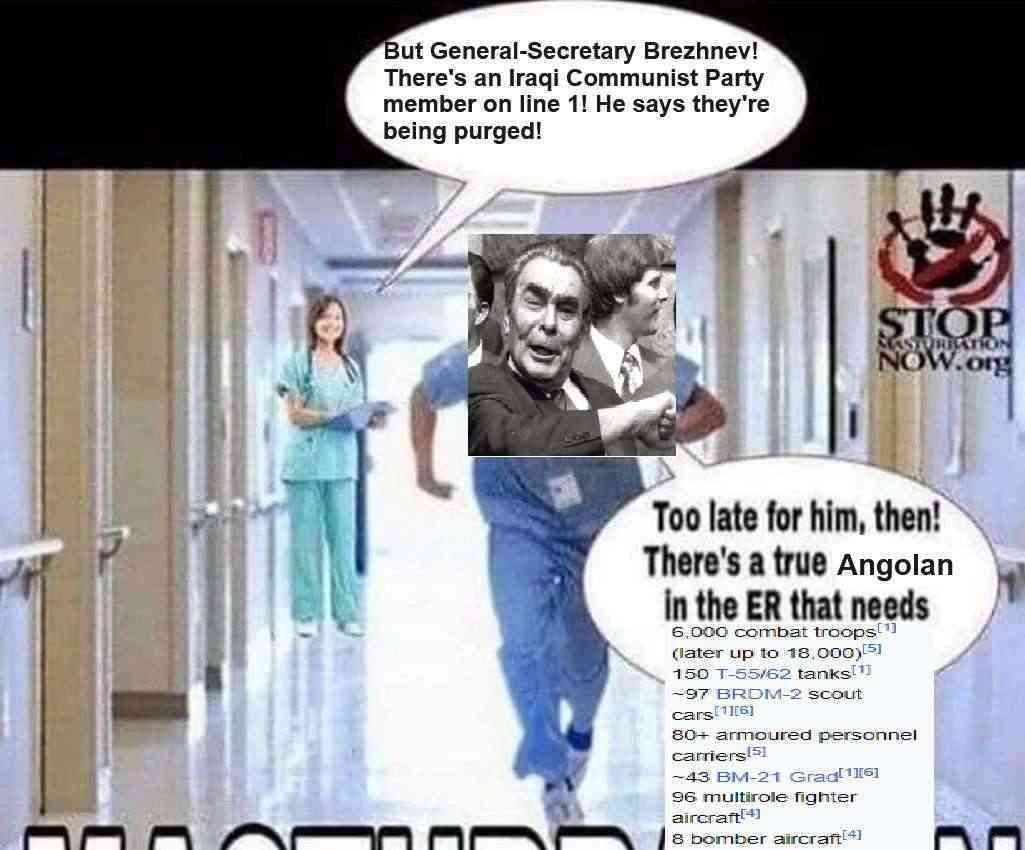MarxGPT: Speculate what (Bordiga, Stalin, Juan Posadas) would have said about this.
It's important to note that Antonio Gramsci, the founder of the Italian Communist Party (PCI) and a key Marxist theorist, and Joseph Stalin, the leader of the Soviet Union, had significant ideological differences during their lifetimes. These differences primarily revolved around their views on the strategy and tactics of the international communist movement, as well as their attitudes toward the concept of "Socialism in One Country," which was associated with Stalin.
Bordiga's Perspective: Amadeo Bordiga was an Italian communist and a prominent figure in the early Italian Communist Party. He was known for his strict adherence to orthodox Marxist theory. He strongly opposed deviations from Marxist principles, and he was critical of many aspects of Stalinism. Speculatively, Bordiga might have had the following views on the question:
Opposition to Stalin's "Socialism in One Country": Bordiga would likely have been critical of Stalin's concept of "Socialism in One Country" and may have seen it as a deviation from the internationalist principles of Marxism. He might have considered it a betrayal of the worldwide workers' revolution.
Opposition to Soviet Involvement in Angola: Bordiga may have criticized the Soviet Union's involvement in the Angolan Civil War as a form of "imperialism" or "interference" in the affairs of another nation, which he might have considered incompatible with Marxist principles.
Emphasis on Class Struggle: Bordiga was known for his emphasis on class struggle and the primacy of the working class in revolutionary movements. He might have focused on the need for the working class to lead revolutionary movements in Angola rather than external actors.
Stalin's Perspective: Joseph Stalin's foreign policy, especially during the Cold War, was driven by the interests of the Soviet Union and the promotion of communism worldwide. His perspective on the Angolan Civil War and Soviet involvement would likely have been pragmatic and driven by the geopolitical context of the time:
Support for MPLA: Stalin would have likely supported the MPLA, as the Soviet Union did historically, due to its alignment with socialist principles and the Soviet Union's interests in expanding the influence of communism.
Geopolitical Rivalry: Stalin would have framed Soviet involvement in Angola within the context of the Cold War and superpower competition. He might have argued that the United States and its allies were also intervening in the conflict by supporting anti-MPLA factions.
Realpolitik: Stalin was known for his realpolitik approach to foreign policy. He might have justified Soviet involvement as necessary to counter perceived Western imperialism in the region.
Juan Posadas' Perspective: Juan Posadas was an Argentine Trotskyist leader known for his unique and often controversial views. While it's challenging to predict his exact stance, he might have taken an unconventional view:
Revolutionary Optimism: Posadas was known for his optimism about the possibility of a rapid and global socialist revolution. He might have seen the Angolan Civil War as part of a broader global revolutionary wave, with the potential for transforming the entire region.
Critique of Traditional Marxist Parties: Posadas often criticized traditional communist parties for their perceived bureaucratic and reformist tendencies. He might have had reservations about Soviet involvement and the MPLA's leadership in Angola.
Support for Radical Action: Posadas might have favored a more radical and militant approach to the conflict, possibly advocating for a more direct and aggressive role by the international working class in supporting the Angolan revolution.
It's essential to remember that the perspectives of these historical figures would be influenced by their specific ideological and political contexts, which were often unique and sometimes at odds with one another. Speculating on their viewpoints in a hypothetical scenario is subject to interpretation and conjecture.
